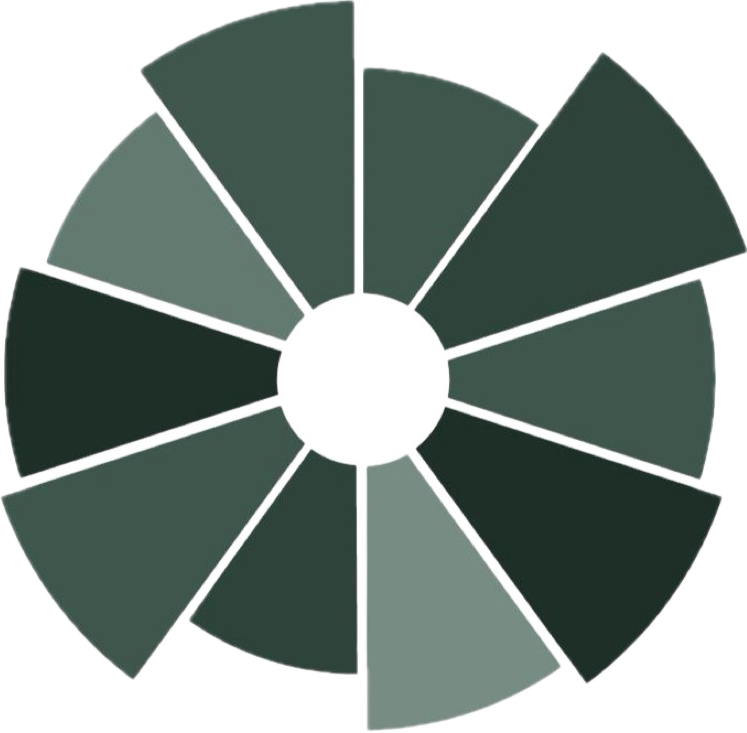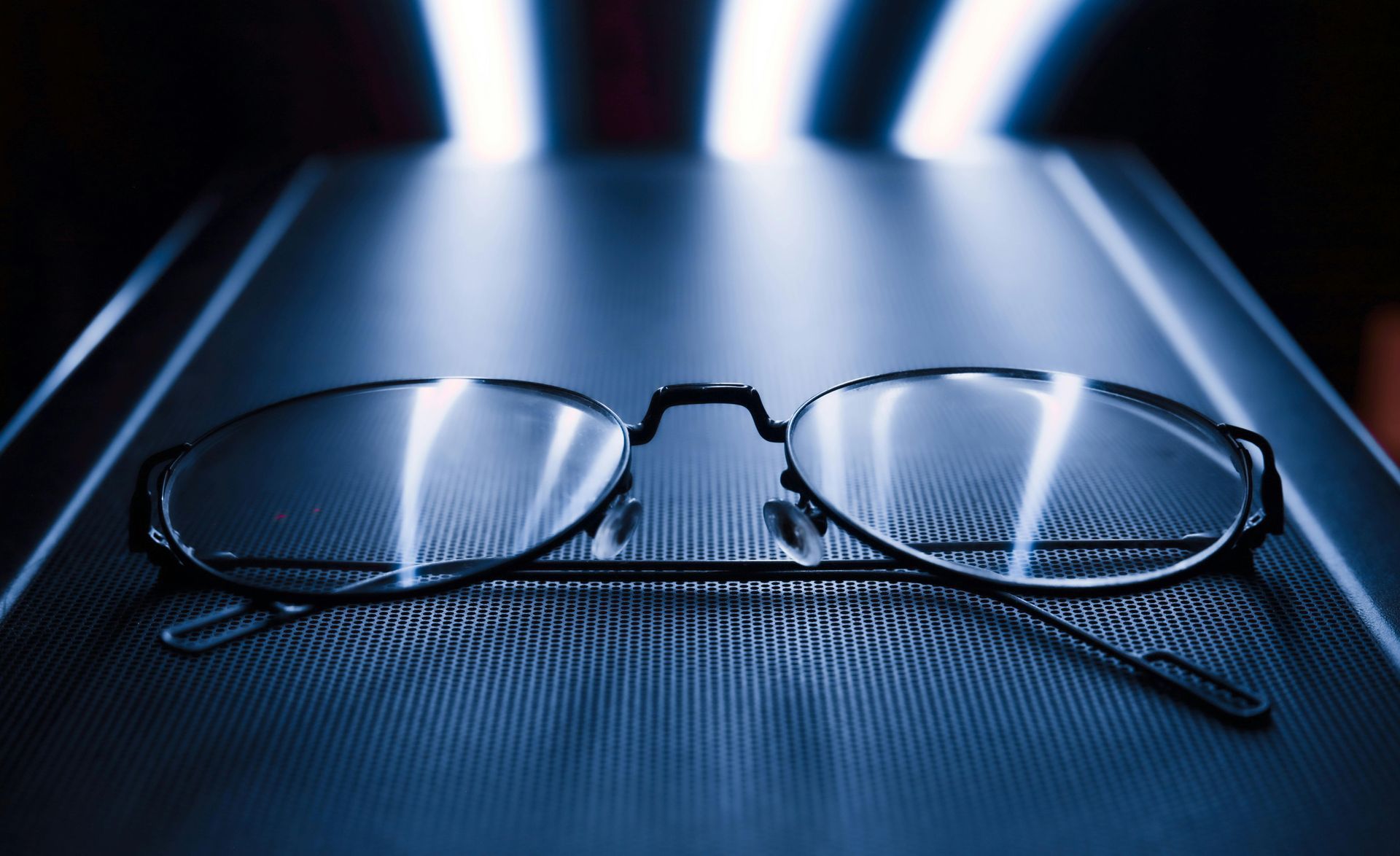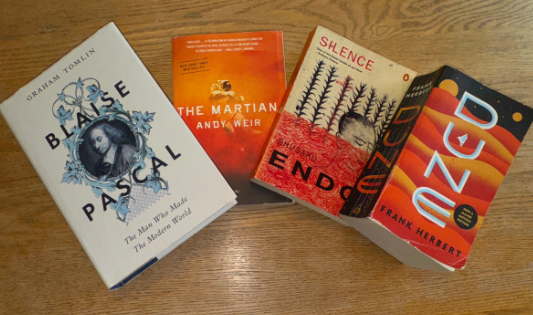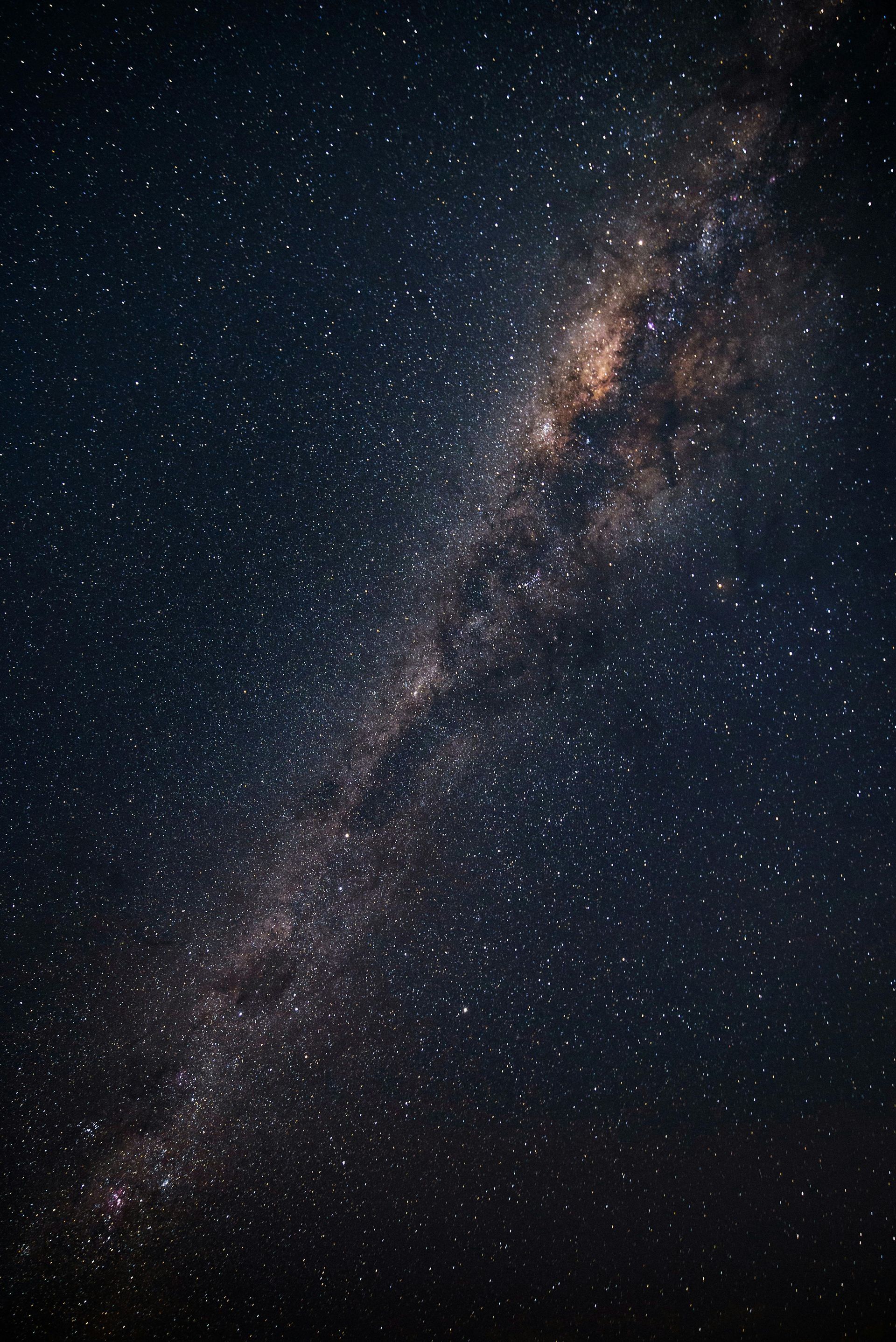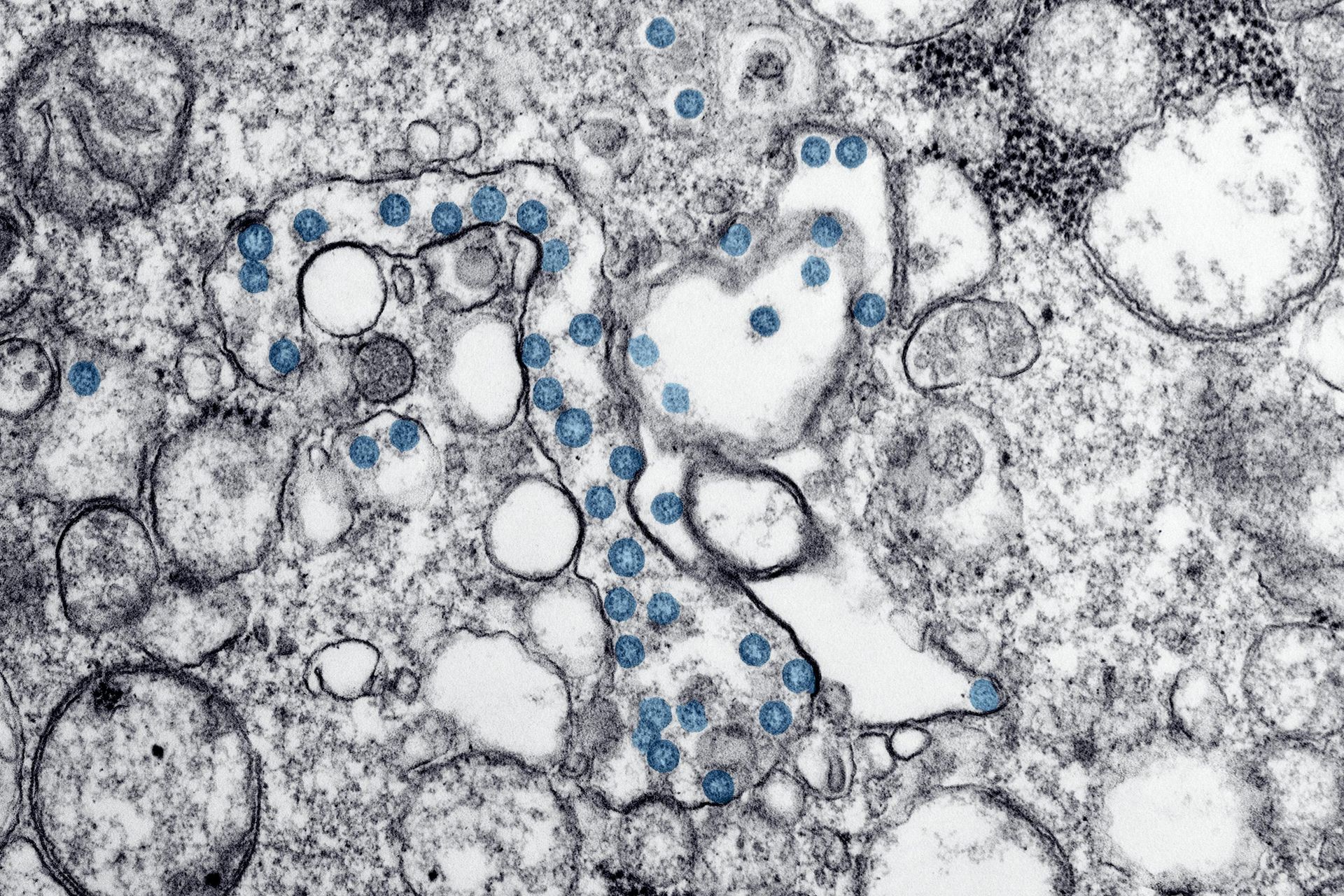Exciting Results: Myopia Management in Children

Blog vol 4.44. Exciting Results: Myopia Management in Children
Myopia: nearsightedness, i.e. near things are clear, far things are not.
The current thought is that, while some children have a genetic predisposition for myopia, this myopia can be reduced by intervening early, the earlier the better. Myopia can also be induced or exacerbated by excessive use of near vision (phones, studying…) and minimal use of far vision (little outdoor time, playing sports…), and this also can be “managed”.
Myopia amongst children has been increasing at enormous rates, both the incidence and the degree of myopia. The idea of managing or controlling the degree of myopia is a response to this situation which, I must say, I was hopeful about but not overly so.
We have seen some excellent results.
In 2015, mounting evidence for myopia management was on the horizon. Along came the pandemic in 2020 and the perfect storm of more indoor time and more screen time boosted the severity and the number of cases of myopia. In the latest issue of Eye (found here), there is a very telling editorial on this subject.
Even though the evidence has been mounting and researchers have done a great job of providing treatment modalities, eye professionals and the public have been slow to adopt these changes.
We are creatures of habit, for good reason. Taking on new technologies, and adopting new paradigms takes a ton of energy. We also by nature are quite lazy. Look how long it took for the Church to finally agree with Copernicus that the Sun was at the centre of our Solar system and not the Earth (hint-Galileo was finally forgiven by Pope John Paul II in October 1992, 359 years later). An extreme example, but you get the point.
In 2016, we at Burlington Eyecare decided to put all our adult patients on the optical coherence tomographer (OCT). By making it universally available, we changed the way we practice. With all this great data we have collected over the past 8 years, we can key on specific biomarkers that radically improve our ability to detect early disease changes in the eye. We have 4th year optometry students in our clinic and they cannot imagine practicing without the OCT. That was a paradigm shift.
We are experiencing another paradigm shift.
In the case of myopia management, we know that certain environmental conditions increase myopia development. We have some great data that shows that outdoor sunlight, screen time, and even diet all affect vision. The World Council of Optometry in an April 2021 statement has resolved to take the problem head on, encouraging education, providing early detection of myopia, and getting the many available treatment possibilities to the patients.
This past summer, we started measuring the axial lengths of all our youngsters, as early as 3 and 4 years old. Axial lengths are a reliable predictor of myopia risk and are measured using a Myah machine. This test is now part of a regular children’s eye exam, the new standard of care. Almost a year in, and we are already getting data showing the clear slowing down of myopia development when we treat at-risk children. This is very exciting! We have been very impressed with the results so far.
This is a paradigm shift, just like the OCT. I have been in practice and breathed the air long enough to know that anything worth doing takes energy, hard work, perseverance, and patience. I know we are on the right track, and all there is left to do is to see it through, to tweak it as we go, and to find viable and cost-effective ways to help manage the disease.
So, in conclusion, ALL children should get their eyes examined early (entirely covered by OHIP).
Til next week,
The good doctor
